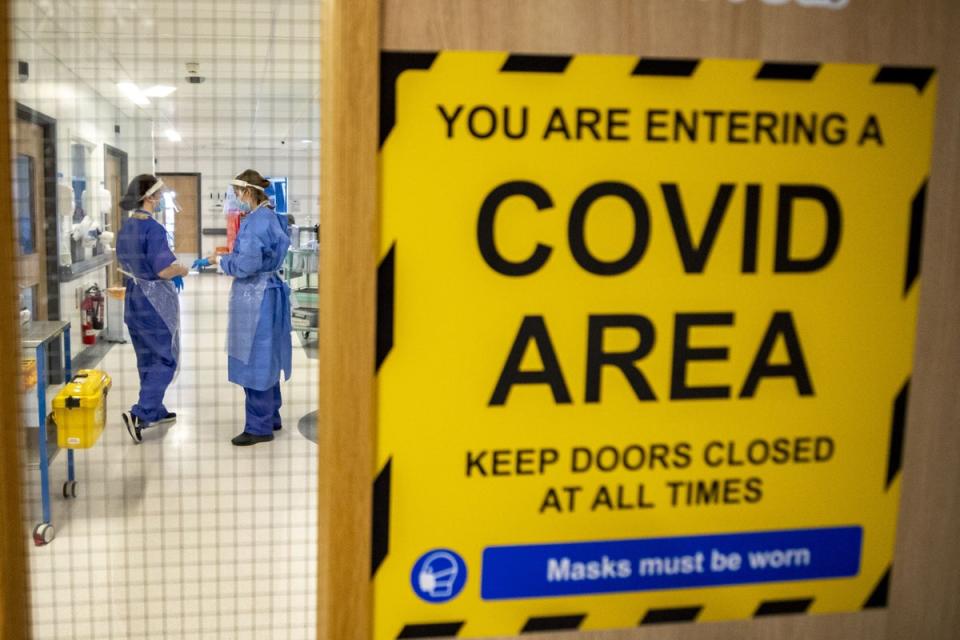Scientists reveal reason why your hangover may be getting worse - and it’s not age

Those with long Covid are likely to face more extreme hangovers, a new study suggests.
People experiencing long-lasting symptoms from a Covid infection reported having worse hangovers than before, researchers at Stanford University found.
A 49-year-old said wine now makes her feel unable to move whereas a 40-year-old who once used to knock back seven cocktails a night now cannot stomach one, the Mail reported.
The researchers concluded that patients with long Covid that the illness can trigger new-onset alcohol reactions and sensitivity.
The new symptoms are caused by the virus and inflammation in the body weakening the blood-brain barrier, leading to worse alcohol-induced nausea as more substances can enter the brain.
The four participants in the study were from the Post Acute Covid Syndrome clinic (PACS) at California University.

The clinic predicts over 3.3 million Americans suffer from long Covid.
Symptoms of the condition include constant fatigue, brain fog and an inability to function normally.
The 49-year-old woman told the university she used to often have a glass of wine without facing side effects, but now she says she faces bad hangovers and will feel “overwhelmed, tired and groggy” the following day.
She has reported having long Covid for 11 months but also has type 1 diabetes and breast cancer.
The 40-year-old former frequent cocktail drinker said just one beverage now leads to alcohol poisoning and a severe long-lasting headache.
She also suffers from Elhers-Danlos syndrome, a condition where the tissue becomes weaker, high blood pressure and asthma.
Another subject, a 60-year-old man, says he now cannot drink one beer without experiencing chronic and daily headaches.
He had no previous conditions before contracting long Covid and now faces headaches, cognitive impairment and problems sleeping.
Another social drinker, a 36-year-old woman who partook in the study, now reports becoming flushed after drinking- she has had long Covid for one year.

In the UK, data released by the Office for National Statistics (ONS) in February last year - the last dataset available -showed around six in 10 people with long Covid were likely to have been suffering symptoms for a year or more.
The data also showed an estimated two million people living in private households in the UK were experiencing self-reported long Covid.
While some people suffer more serious complications, the most common symptoms of long Covid cited on the NHS website are extreme fatigue, shortness of breath, loss of smell and muscle aches.
Other people have also reported problems with memory and concentration, chest pain, insomnia, heart and lung problems, joint pain, depression, anxiety, diarrhoea, stomach aches and loss of appetite.
The syndrome is still being studied and the NHS has set up services to help those worst affected.


